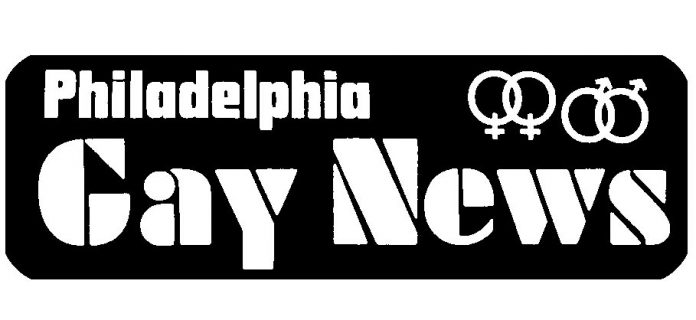Rural Caucus releases report on Gay Lobby Day
Adapted from reporting by PGN Staff
Thirty percent of state legislators contacted on the March 23 Gay Lobby Day seemed favorably disposed to the interests of gay people, according to the report of the day’s events released in spring 1976 by the Rural Caucus Gay Lobby Day Committee.
More than 80 legislators were reached in Harrisburg during the lobby day, and about 70 more were contacted in their home districts. Only two legislatures refused to speak with the gay lobbyists.
Another 30 percent of legislators reacted negatively to gay rights, while the remaining 40 percent said they were undecided or indifferent.
Participants in the lobby day noted that the effort had little impact on the legislators with negative opinions. But on the undecided folks, the visits “made a difference which will be visible in coming months.”
The next action included a letter-writing campaign to support Rep. Norman Berson’s gay-rights bill, introduced in March 1976, and the sodomy-repeal bill to be introduced by Sen. Louis G. Hill.
Presidential candidates reveal attitudes on gay rights
Adapted from reporting by Richard Rusinow
PGN publisher Mark Segal sent questionnaires regarding gay rights to all candidates in the 1976 presidential election.
President Gerald Ford’s campaign office promised a response, but none was received. Alabama Gov. George Wallace and Sen. Henry Jackson, considered the most vocal homophobe running for president, both declined to respond.
Here’s what those who responded had to say:
Jimmy Carter: “I oppose all forms of discrimination against individuals, including discrimination on the basis of sexual orientation. As president, I can assure you that all policies of the federal government would reflect this commitment to ending all forms of discrimination.”
Arizona Rep. Morris Udall: “Discrimination against homosexuals still exists in many forms, much of it based on false assumptions … I believe that citizens should be entitled to lifestyles of their own preference and that such choices should not interfere with equal opportunities for careers in the public or private sectors.”
Idaho Sen. Frank Church: “The government should keep out of the moral decisions of citizens and they should not suffer disadvantages from such decisions.”
California Gov. Ronald Reagan in a response written by an aide: “He has always believed that a person should be judged by a prospective employer on the basis of his or her qualifications. He is opposed to discrimination of any sort. At the same time, it’s his position that an employer has a right to hire the person he considers best suited to the job available.”
— compiled by Paige Cooperstein
